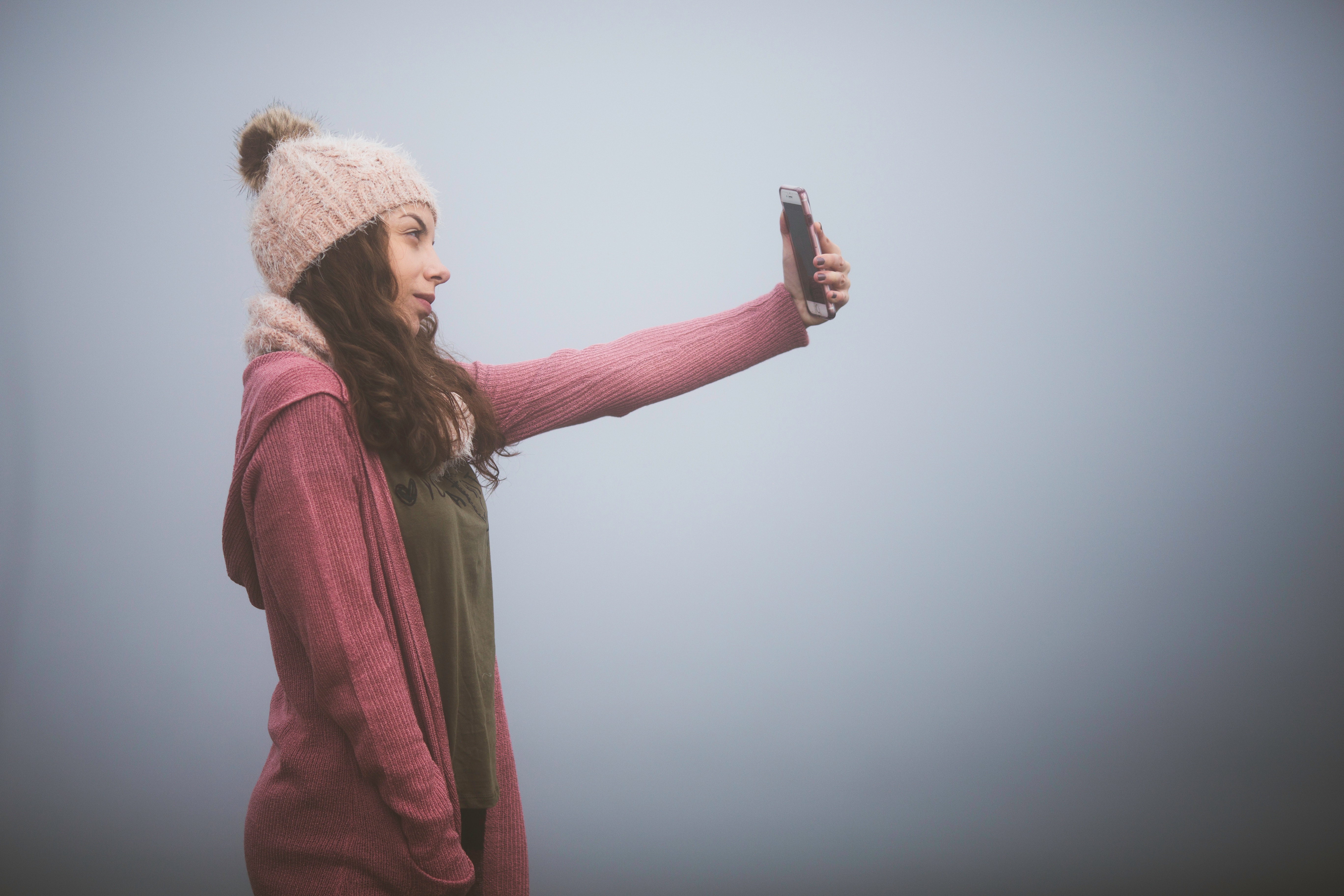In a post on The Big Think, Derek Beres explores the connection between internet and selfie culture, self-worth, and the growing number of cosmetic surgeries. The piece draws on results from a American Society of Plastic Surgeon’s Surgery Statistics report, which revealed that from 2000 to 2016, the number of total cosmetic procedures has gone up 132 percent.
Beres also notes that alongside this rise is the increasing popularity of apps like Meitu. Originally designed as a general photo-editing tool, the app is being used as a way to transform selfies into a wang hong lian, or “Internet celebrity face.” As Beres reports, users spend an average of 40 minutes editing their selfies on the app before putting them on the internet for the world to see, and some Chinese in the area even offer cosmetic services to help users attain a more permanent wang hong. And at the same time, as Beres notes, we’re also seeing a rise in anxiety and depression. The phenomena of chasing the illusion of perfection isn’t entirely surprising in our digital age. But there’s an increasing body of science showing the links between social media and depression and anxiety. Best-selling author Gabby Bernstein has urged people to “compare no more,” and in an episode of The Thrive Global Podcast, she suggests only following people that inspire you.
Beres’ advice follows suit. “Falling victim to the greedy demands of our ego benefits no one. We should wear our skin proudly, as protectors of memories and champions of equality,” he writes. “To hate history is to loathe identity. That’s no way to live, no way to age, no way to die. Forgetting, Neruda wrote, is so long.”


